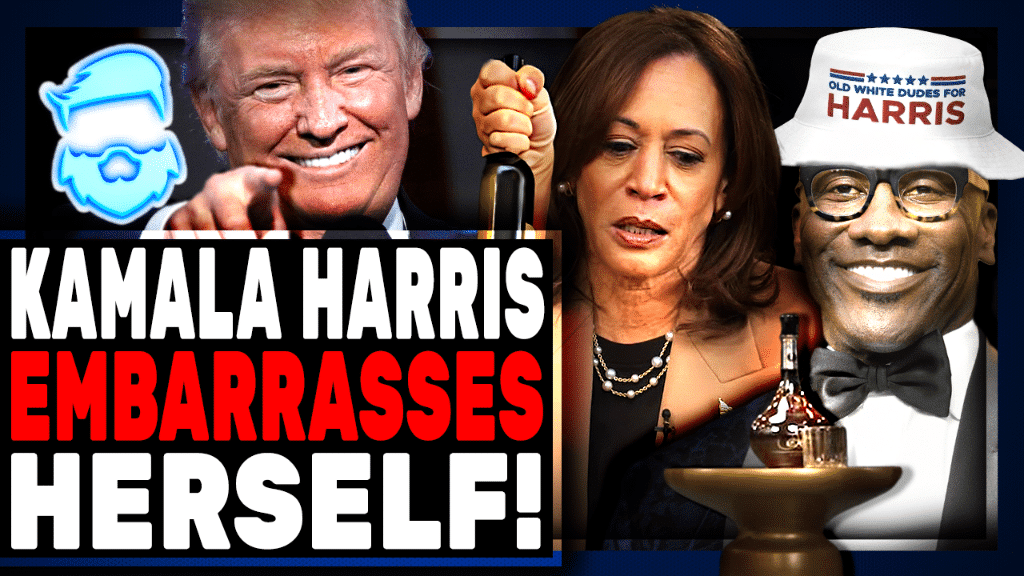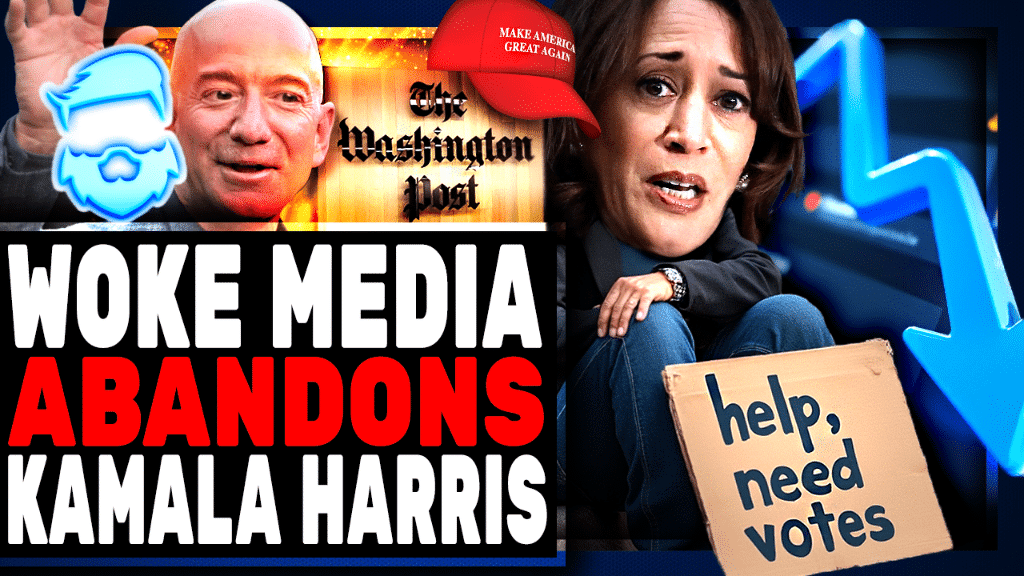Everything’s Going To Be All White Fails!
There’s a difference between not knowing something and actively choosing not to know it. The early-aughts film Memento, for instance—about a man with a brain disorder that prevents him from making new memories—perfectly illustrates this concept. It ends with its main character destroying hard evidence about what happened in his past so that he can go on believing what he’d prefer to believe about it forever.
His instincts are reasonable. Learning the truth can be scary! Especially when it’s a truth about one’s past that carries unflattering implications about one’s present. Actually acting on that instinct, though—and suppressing historic truth—is not reasonable. It’s cowardly, deceitful, and just plain wrong. Nevertheless, conservatives around the country have spent the past two years trying to Memento the evidence of America’s racist foundations out of their kids’ classrooms, out of the public discourse, and out of their own consciences.
They will never fully succeed as long as projects like Everything’s Gonna Be All White remain available.
Debuting February 11 on Showtime, Everything’s Gonna Be All White is a three-part documentary about the history of whiteness in America, as told exclusively by people of color. Because the series is critical about race, it will inevitably be dismissed by the crowd that would most benefit from watching it. They’re missing out on a gem. EGBAW serves as both a rejoinder to the conversation on critical race theory and a comment on its historic lineage.
“The biggest lie is that we already know everything we need to know about American history,” says Nell Irvin Painter, a history professor at Princeton University, at the beginning of the doc. “And I think one of the definitions of American whiteness is not knowing American history.”
Painter is one of several talking heads who populate EGBAW. She is joined by comedians Amanda Seales and Sherrod Small, rappers Styles P and Bun B, activists such as Tamika Mallory, and cultural commentator Jemele Hill. As the documentary glides smoothly from topic to topic, the format resembles nothing so much as VH1’s I Love the ’90s meets the 1619 Project.

















